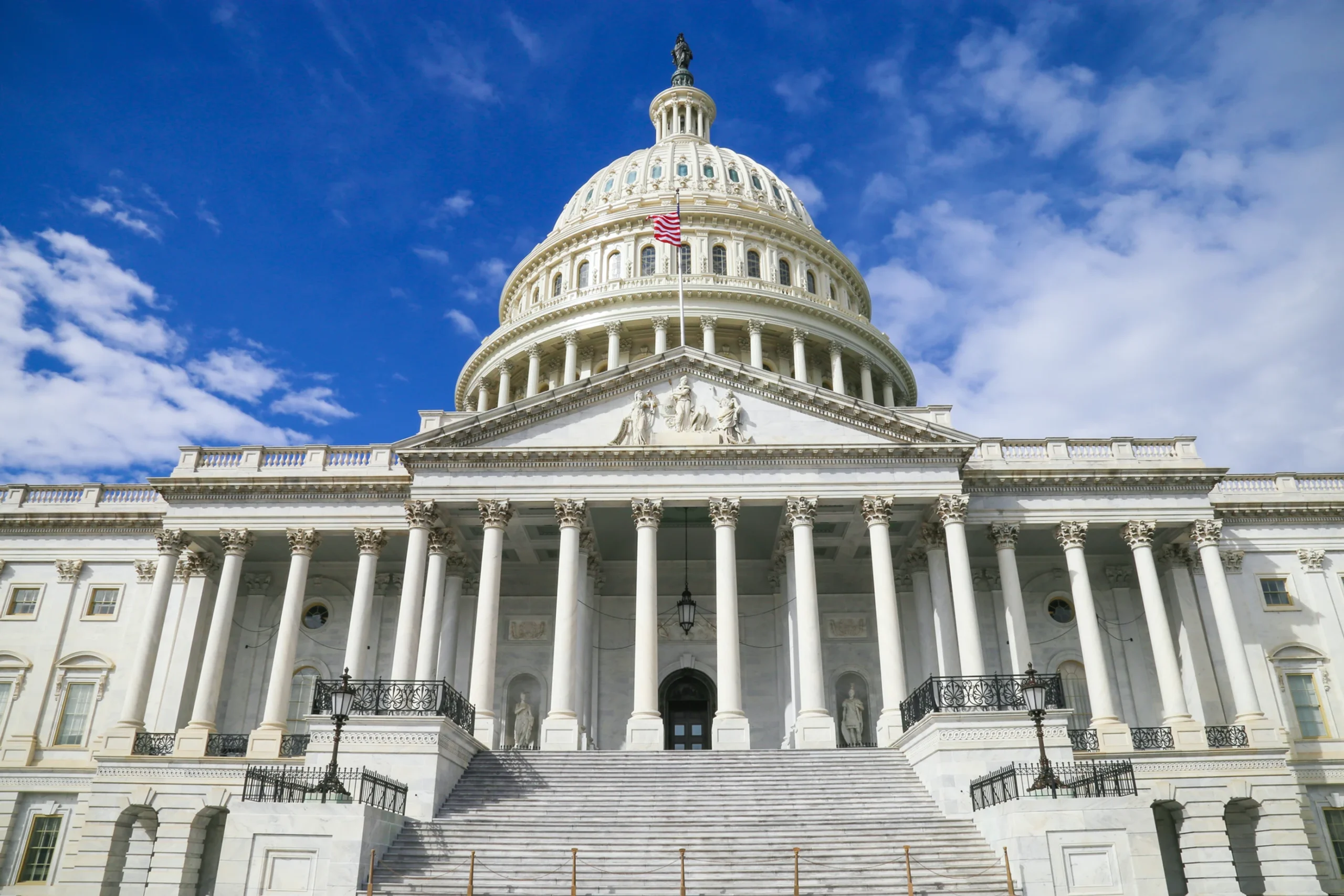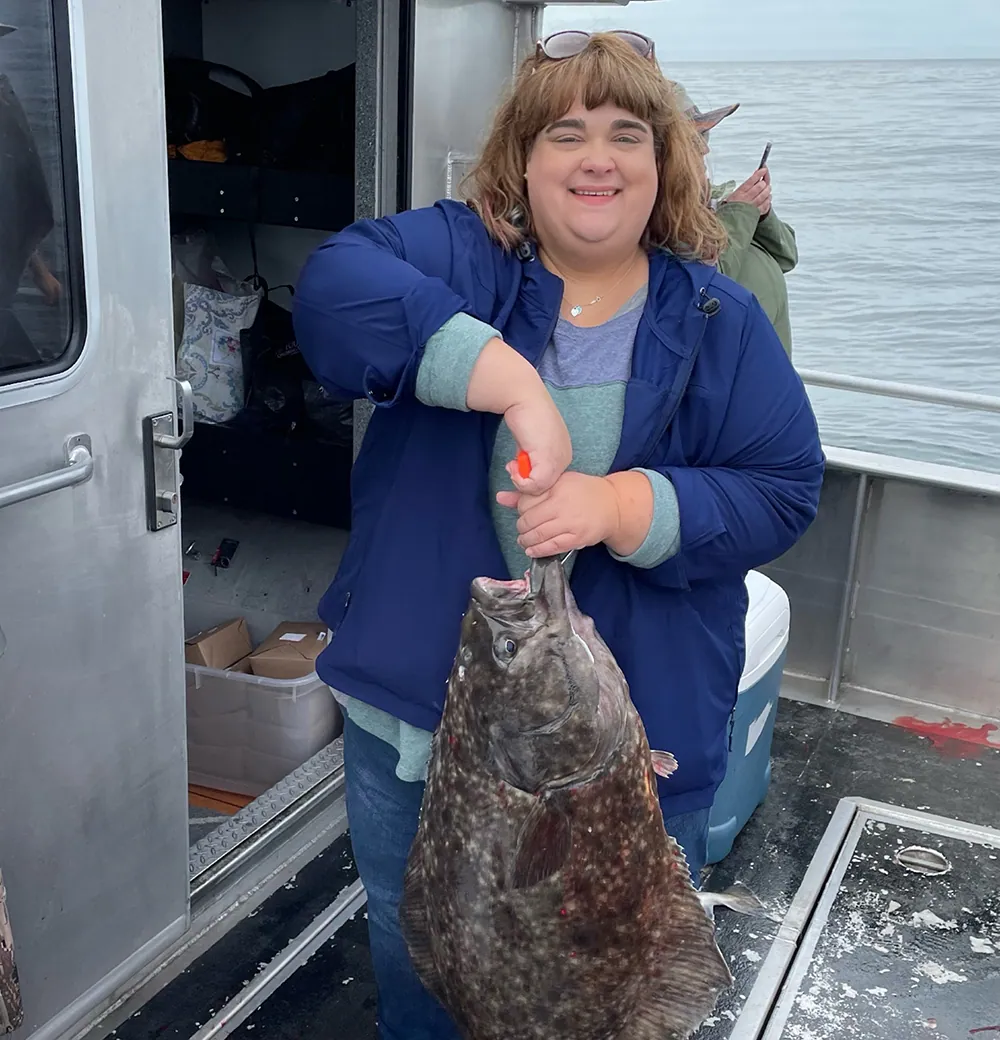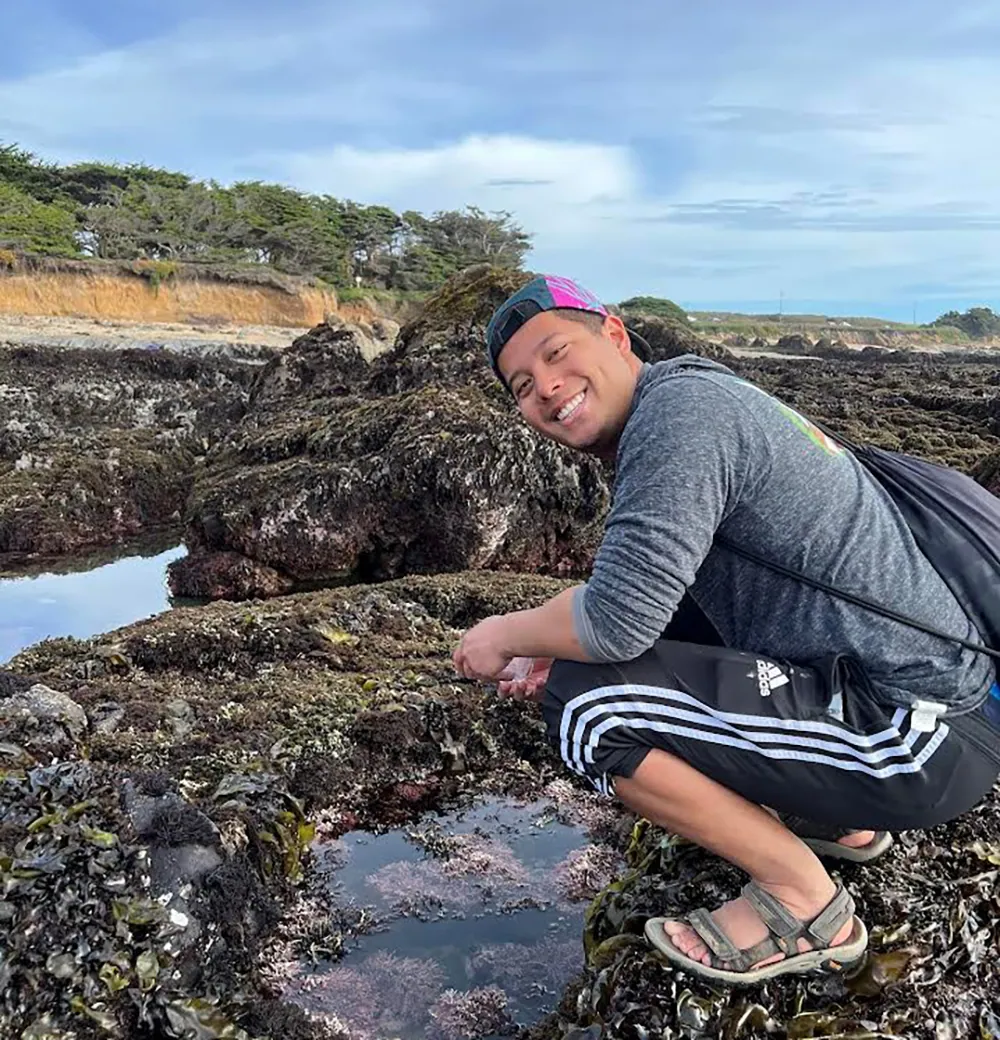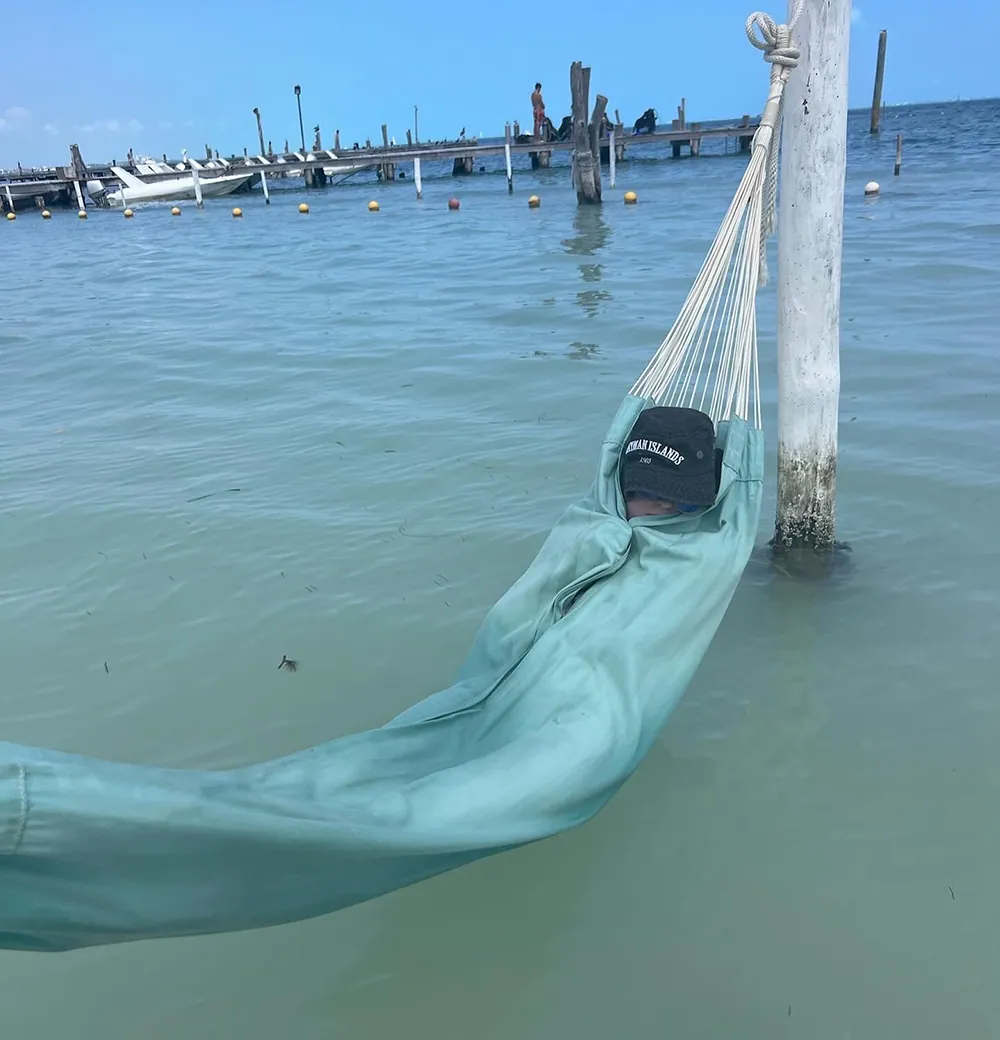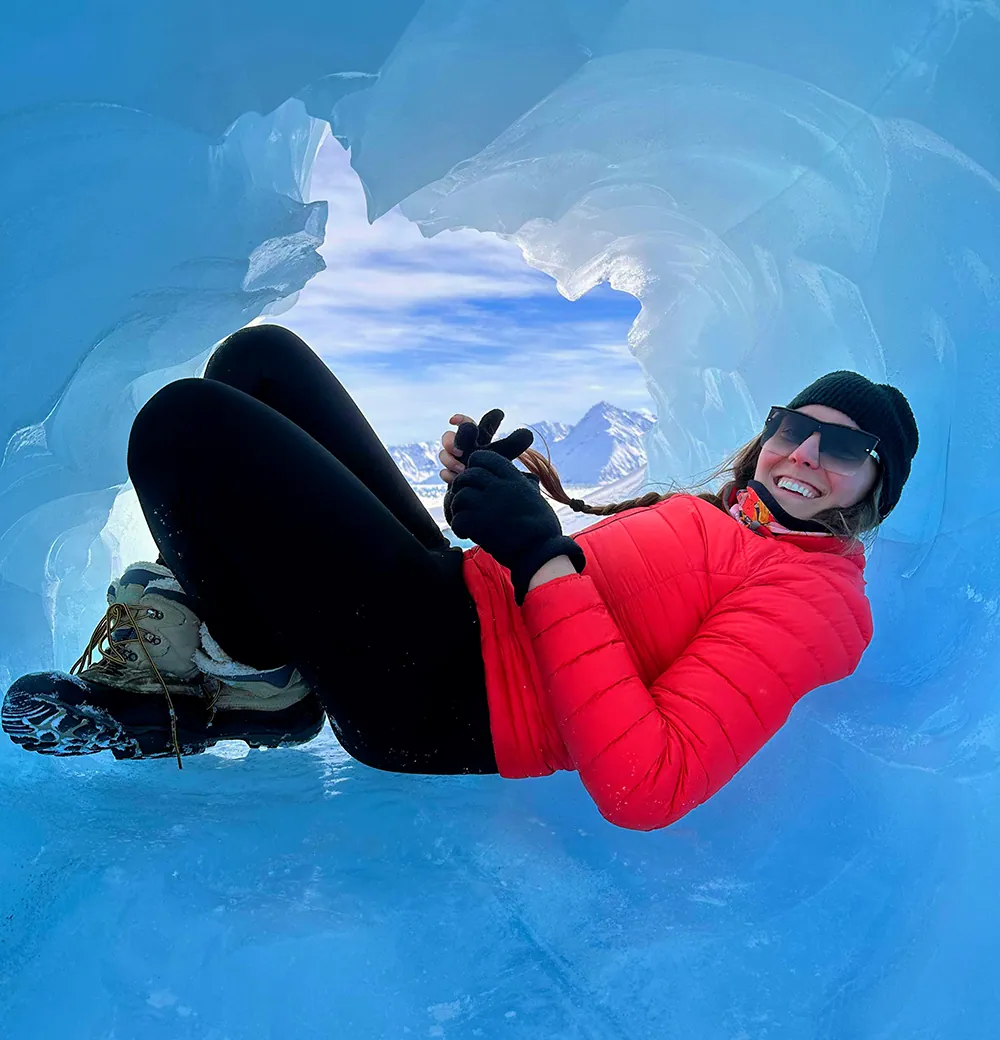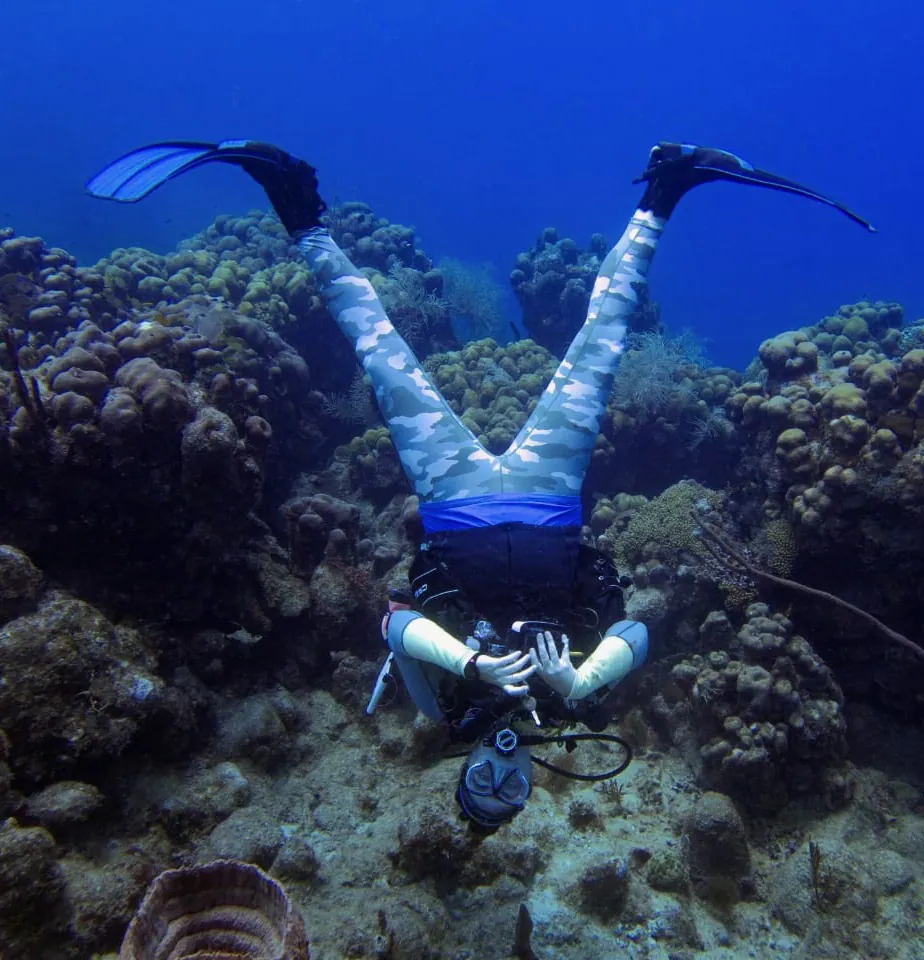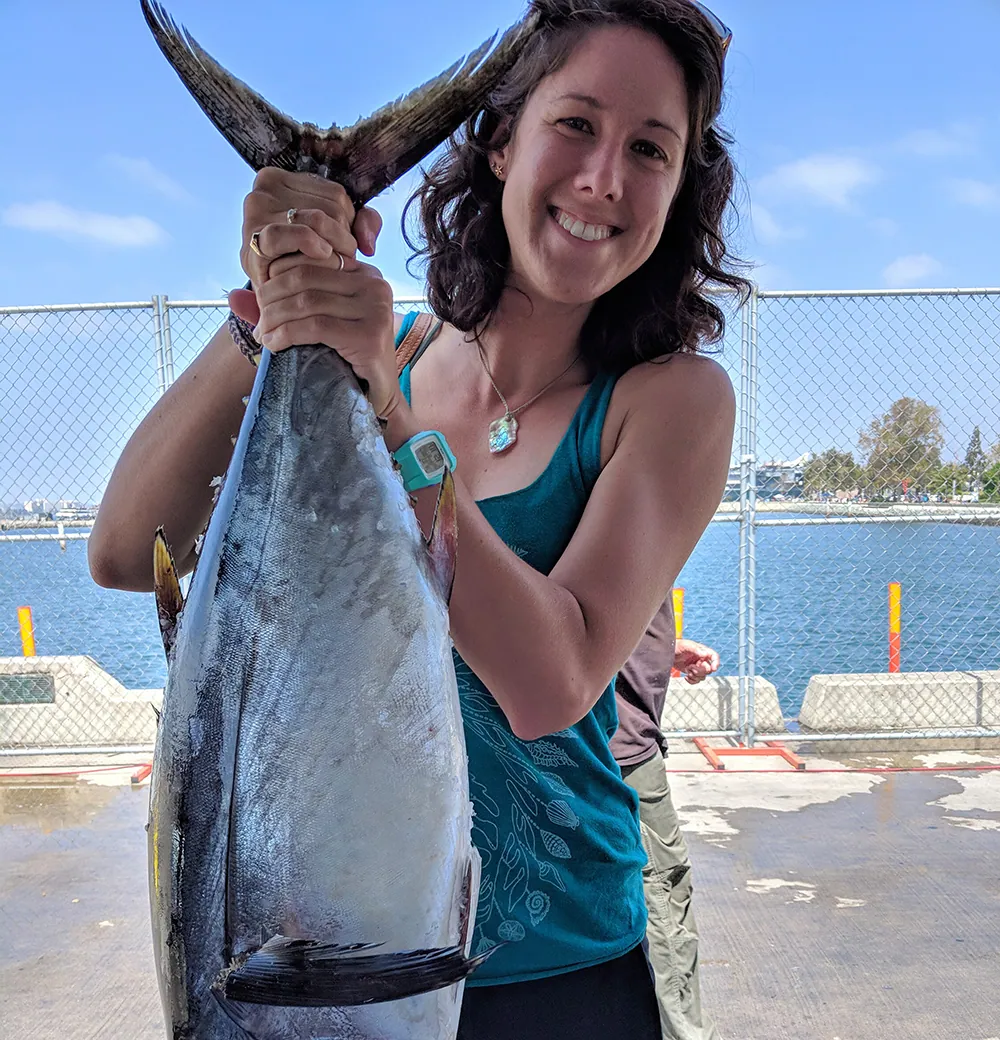Next week, the House will begin voting on some of the 12 appropriations bills that together fund the federal government. With a slim majority, Democrats will have to carefully count votes before bringing any of the more controversial bills to the floor, including the Commerce-Justice-Science bill through which the National Oceanic and Atmospheric Administration, the National Science Foundation, and other important agencies are funded.
So – what is the process, what’s in these funding bills, and what can we expect going forward?
The annual appropriations cycle begins with the President submitting a budget request to Congress typically early in the year (which we’ve analyzed in previous blog posts). While that request helps to inform Congress of the President’s priorities, at the end of the day, Congress holds the purse strings of the government.
Congress is responsible for producing 12 appropriations bills to fund the government before funding runs out at midnight on September 30 each year. While these bills are primarily funding mechanisms, they also contain policy priorities and directives from Congress in the associated bill reports.
While Democrats hold the White House and both chambers of Congress, House Democrats hold a narrow three-seat majority, and the Senate is split down the middle with Vice President Kamala Harris serving as the tie-breaking vote. Congressional Democrats and President Biden have made climate change mitigation and resilience a top legislative priority, which is clearly reflected in the appropriations bills passed out of the House Appropriations Committee this past month.
If passed, the House Fiscal Year 2022 (FY22) Commerce-Justice-Science (CJS) bill would provide $81.3 billion in total funding, an increase of 14% over FY21. While the Justice portion of CJS tends to include provisions that draw strong opposition from the minority party, or “poison pills”, the Commerce section, which funds NOAA, is largely noncontroversial and bipartisan. This year, the House Appropriations Committee recommended $6.5 trillion in funding to NOAA, an increase of $1 trillion over FY21. The FY22 bill would provide strong increases for climate change efforts, including $30 million to increase the understanding of how sea level rise will impact coastal communities and $20 million to address the impacts of a warming ocean on fish stocks and the fishing industry.
While NOAA is funded through CJS, some of the other 11 appropriations bills include provisions related to ocean and environmental policy. The Energy and Water Development bill, which funds the Department of Energy, Army Corps of Engineers, and parts of the Department of the Interior, asked for a report on incorporating new technology in offshore aquaculture to stimulate biological productivity and sequester atmospheric carbon dioxide. The Homeland Security bill, which funds the Department of Homeland Security, included language on combating Illegal, Unreported, and Unregulated (IUU) fishing in the Indo-Pacific and Arctic.
None of this is law, and the appropriations process can be long, despite the September 30 deadline. The bills will be voted on in the House, and the Senate will release their own versions of the 12 appropriations bills sometime this summer or early fall that will include different funding levels and report language. House and Senate appropriators conference to decide what will be in the final, consolidated appropriations bills, and those will eventually be sent to the President.
If Congress cannot get the bills passed in both chambers and signed into law by the President by the September 30 deadline, they will have to pass a Continuing Resolution (CR). CRs typically provide continued funds for the government at previous fiscal year levels for a shortened period of time, allowing Congress to avoid a government shutdown and finish negotiating any final bills. Because they are “must-pass” pieces of legislation, the majority party may add political riders to a CR to try to force passage of a partisan issue. Sometimes the political landscape in Congress is so toxic, they cannot agree to a timeline for the CR, and it fails to pass. No matter the reason, there’s always a chance of a government shutdown with a looming funding deadline.
Adding fuel to the fire, the Congressional Budget Office predicted yesterday that we will likely hit the debt limit in October or November of this year, with the two parties no closer to an agreement on raising the debt ceiling. It’s always an adventure in Washington. Stay tuned for more on appropriations, funding for ocean, environment, and science priorities, and the debt ceiling and its implications in a later post.

